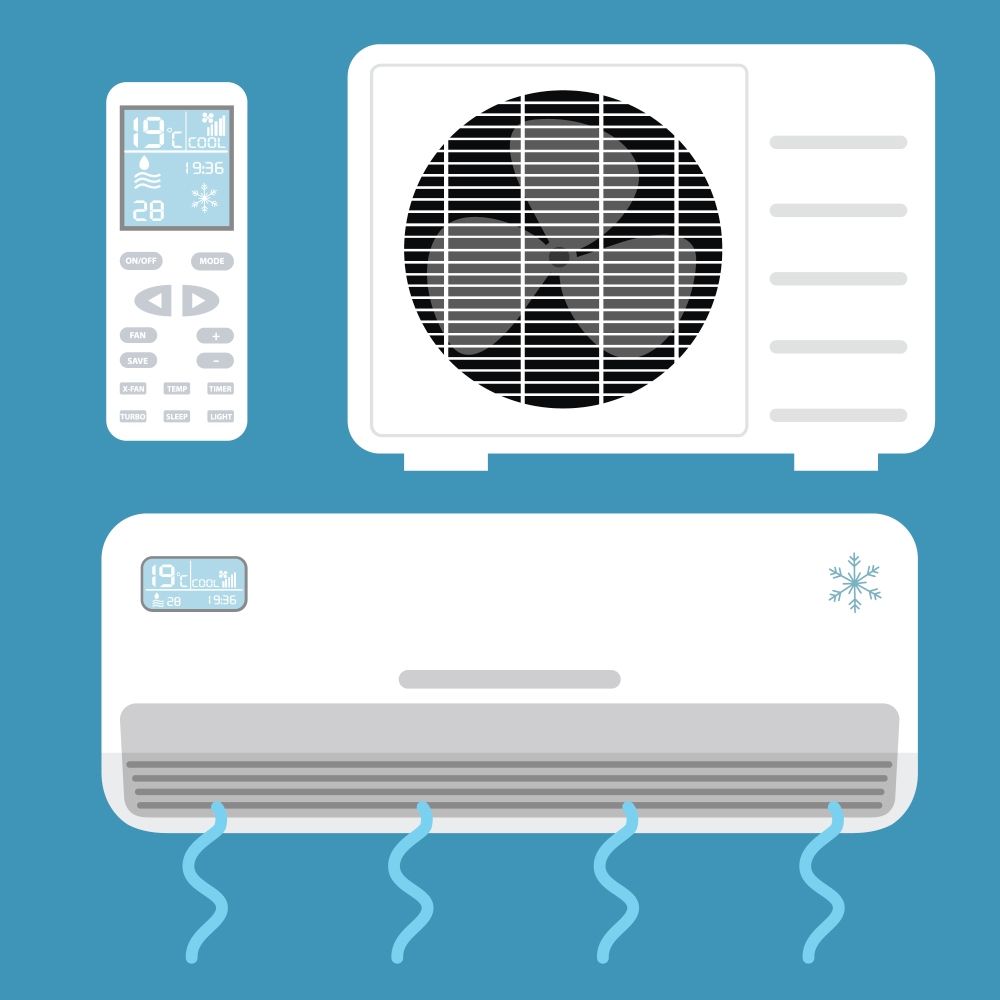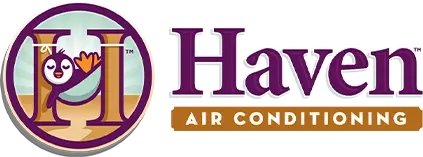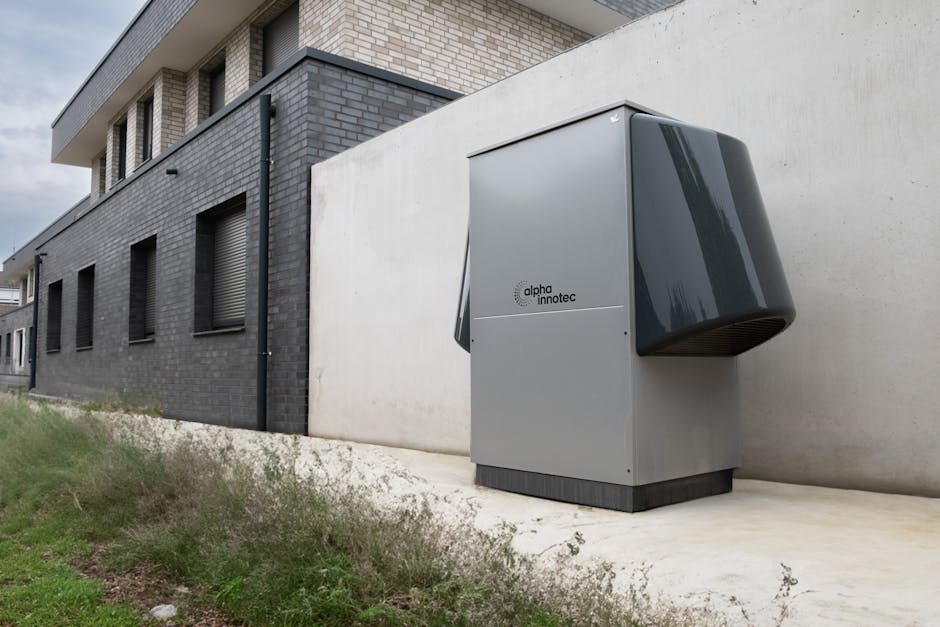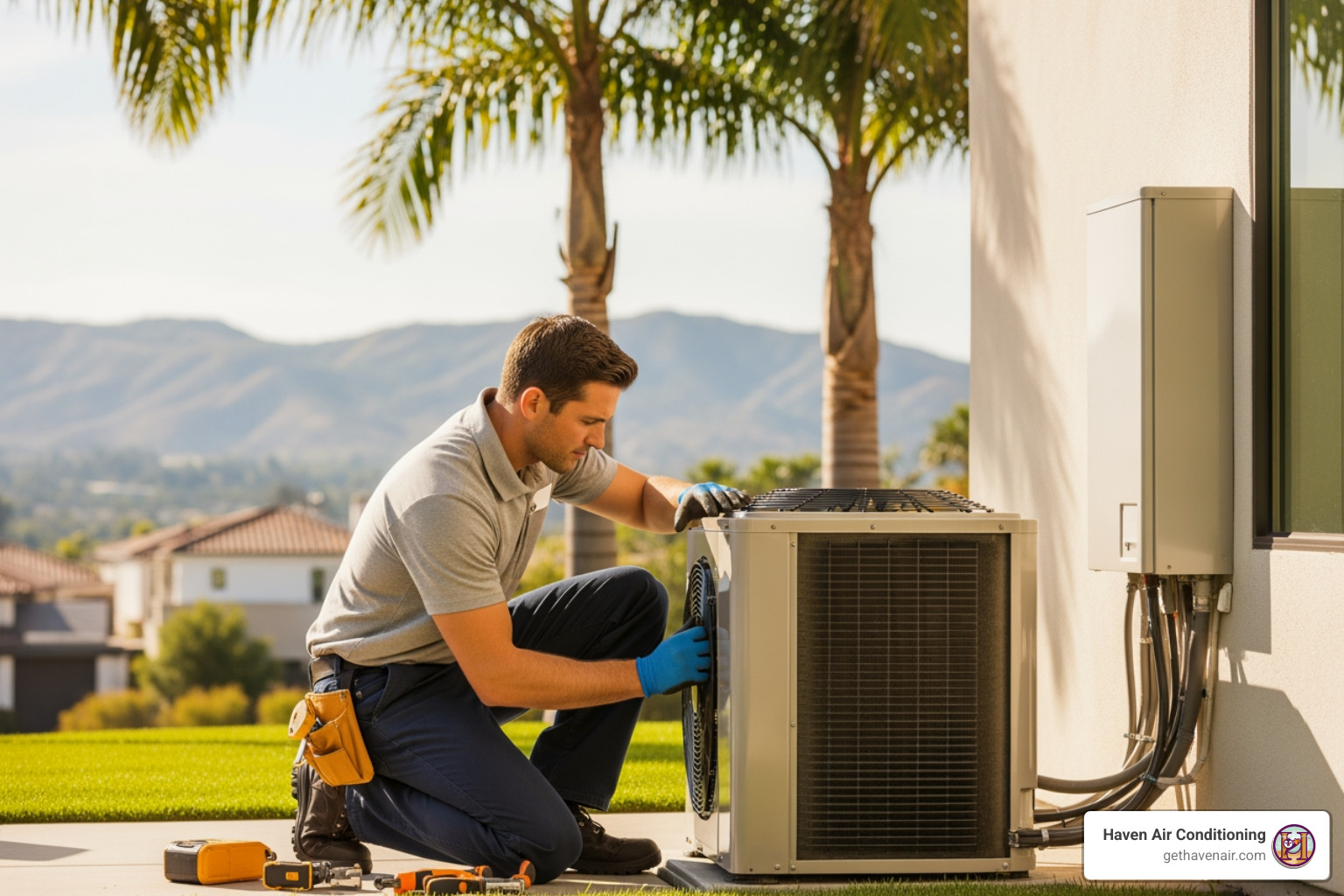When it comes to maintaining a comfortable indoor environment, especially during hot summer months, understanding the key components of an air conditioning system is crucial. By learning how it works and the role of each part, you can make informed decisions about your cooling needs.
The Function Of The AC Fan In An Air Conditioning System

The AC fan plays a vital role in circulating and distributing cool air throughout your home or office space. Without it, the system would not be able to effectively cool down your living spaces.
1. Function Of The AC Fan
- The primary purpose of the AC fan is to draw warm air from inside your rooms into the unit.
- Once inside, this warm air passes over evaporator coils that contain refrigerant, causing heat exchange and cooling.
- Simultaneously, the AC fan blows cool air back into your rooms through supply vents while expelling hot air outside through exhaust vents.
2. Contribution To Overall Operation
- By continuously circulating and pushing cooled air throughout each room, the AC fan ensures consistent comfort levels are maintained.
- Proper airflow facilitated by the AC fan helps remove excess humidity from indoor environments.
3. Enhanced Cooling Efficiency
- An efficiently operating AC fan contributes significantly to overall cooling efficiency.
- When combined with a properly sized compressor and well-maintained ductwork, it maximizes energy usage for effective temperature control.
- This means you can enjoy cooler temperatures without excessive energy consumption or high utility bills.
4. Impact On Energy Consumption And Cost Savings
- A well-functioning AC fan consumes less energy compared to older models due to advancements in motor technology.
- Modern fans often feature variable speed settings that allow them to adjust their output based on cooling demands.
- By running at lower speeds when full power isn’t required, they help conserve energy and reduce electricity costs.
5. Improved Comfort Levels
- The ability of the AC fan to circulate cool air evenly throughout your living spaces ensures consistent comfort.
- It prevents hot spots and temperature variations, providing a more pleasant environment for you and your family.
- Additionally, proper airflow helps remove airborne particles, improving indoor air quality and promoting healthier living conditions.
Understanding the essential role of the AC fan in an air conditioning system will help optimize cooling efficiency and maintain comfortable indoor environments. Regular maintenance is key to enjoying all these benefits without any performance issues.
Proper Maintenance For Optimal Performance
To ensure that your AC fan continues to contribute to cooling efficiency, regular maintenance is essential:
- Clean or replace filters regularly: Dirty filters restrict airflow and force the system to work harder, reducing overall efficiency.
- Keep outdoor units clear: Remove any debris or vegetation around outdoor units that may obstruct airflow.
- Schedule professional servicing: Regular inspections by HVAC professionals will identify any issues with your AC fan early on and prevent them from escalating into major problems.
Troubleshooting Common Issues
Despite proper maintenance, issues with AC fans can still arise:
- Fan not running: Check the power supply and ensure that the thermostat is set correctly. If the issue persists, it may require professional attention.
- Inconsistent airflow: Clean or replace air filters to improve airflow. Additionally, check for any obstructions in ductwork.
While regular maintenance can prevent many issues with AC fans, there are instances where professional assistance is necessary:
- Unusual noises or vibrations coming from the fan
- The fan runs continuously without turning off
- Insufficient cooling despite proper settings and maintenance
Seeking professional help in these situations will ensure that any underlying problems with your AC fan are addressed promptly, maintaining both its longevity and efficiency.
When To Seek Professional Help For AC Fan Issues
While you can troubleshoot some problems on your own, certain issues require the expertise of a trained HVAC technician. Here are indications that it may be time to call in the professionals:
- Reduced Cooling Efficiency: If your air conditioning system isn’t cooling your home as effectively as before or if there are significant temperature variations between rooms, this could indicate an issue with the AC fan. A professional technician can diagnose and address any underlying problems.
- Unusual Noises: Strange sounds from your AC unit, like grinding or squealing noises, may signal a malfunctioning fan motor or loose components. Ignoring these noises can lead to further damage and potentially costly repairs down the line.
- Frequent Cycling On and Off: If your AC unit is constantly turning on and off without reaching the desired temperature, this could indicate an issue with the fan motor or other components within the system. A professional technician can identify and resolve these issues efficiently.
- Increased Energy Consumption: An inefficiently functioning AC fan can result in higher energy bills due to increased power consumption. If you’ve noticed a sudden spike in energy costs without changes in usage patterns, it’s worth having a professional inspect your system for potential issues.
- Foul Odors or Poor Air Quality: Unpleasant odors from vents when the AC is running or poor indoor air quality despite regular cleaning efforts may indicate mold growth or other contaminants affecting the performance of your AC fan.
In conclusion, some minor AC fan issues can be resolved through troubleshooting at home, but it’s crucial to recognize when professional help is needed. Seeking assistance from an experienced HVAC technician ensures proper diagnosis and resolution of complex problems while maximizing the longevity and effectiveness of your air conditioning system.
Discover more definitions on our HVAC glossary page.





